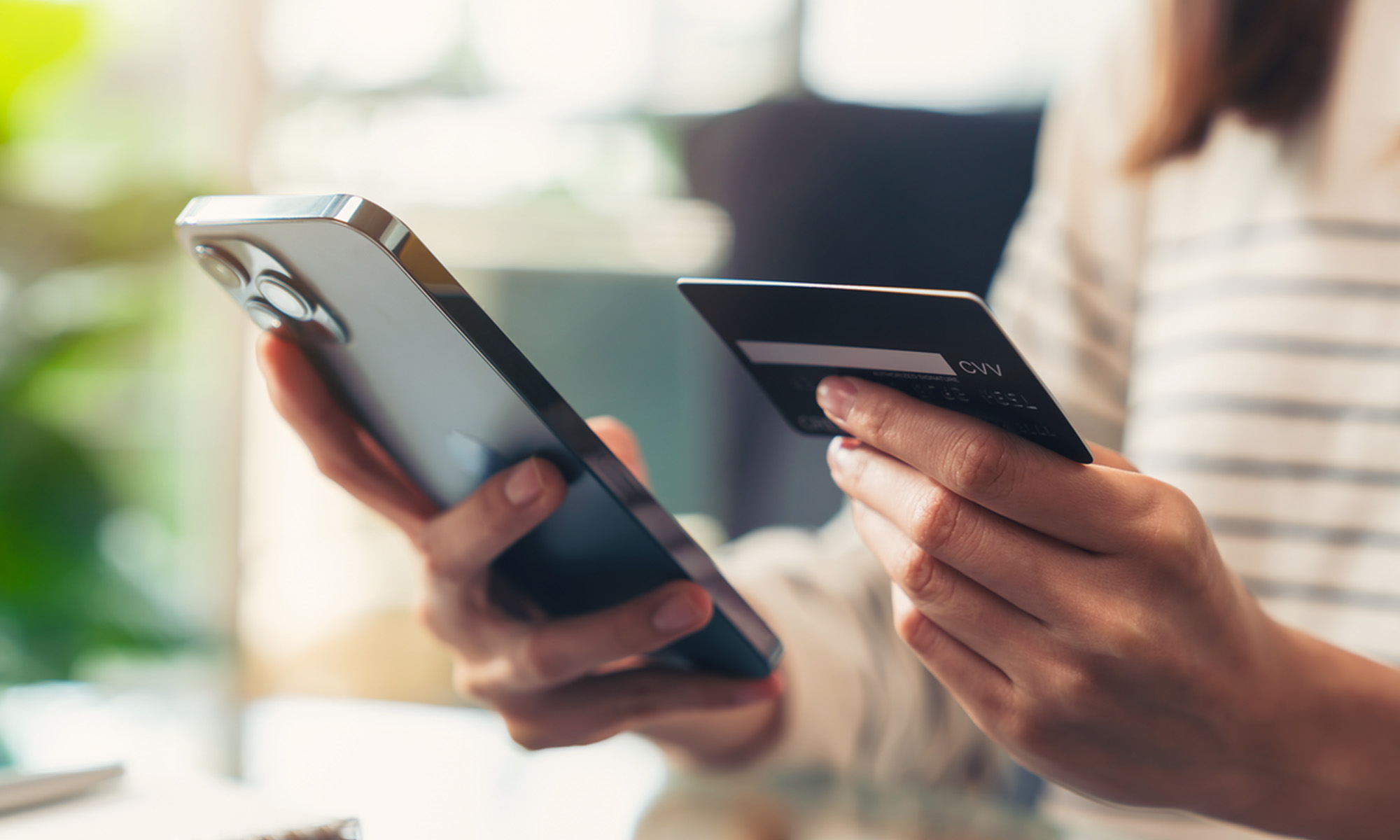News
Improving In-App Payment Processing For Ramadan
Checkout.com’s MENA representative believes in-app payments present an untapped opportunity for revenue growth, especially during busy calendar events.

In today’s digital-first era, Ramadan witnesses a massive surge in app browsing and mobile shopping. Payment processor Checkout.com reported a 69% increase in online transaction processing volumes during Ramadan in 2023, with a remarkable 143% rise from 2021 to 2023. This trend underscores the growing trust in digital payment systems fueled by advancements in security and fraud prevention measures. Notably, based on further data from Checkout.com, fraud rates for online transactions during Ramadan in the region decreased by two-thirds between 2021 and 2023.
According to Checkout.com’s MENA General Manager Remo Giovanni Abbondandolo, one way to capitalize on e-commerce surges is by optimizing in-app payment processing. In-app payments present an untapped opportunity for revenue growth during Ramadan, offering various monetization avenues, such as subscription payments for exclusive content.
In-app payment processing enables merchants to accept payments directly within their mobile apps, streamlining the checkout process and enhancing security. However, integrating mobile payment technology via a payment service provider (PSP) requires compliance with Apple or Google’s app store guidelines.
Checkout.com’s Abbondandolo also emphasizes the significant benefits merchants in the GCC can reap from refining their in-app payments, including:
- Improved Conversions: Simplifying the checkout process within the app reduces cart abandonment rates, leading to higher conversion rates.
- Increased Revenue: Seamless in-app payments translate to enhanced conversions, resulting in higher revenue generation.
- Enhanced Customer Retention: In-app payments deliver a frictionless experience, encouraging users to spend more time within the app and boosting retention rates.
- Expedited Settlements: Direct account-to-account payment methods enable faster settlement times compared to card payments.
Also Read: Qatar Airways Unveils The World’s First AI Cabin Crew
However, merchants should consider potential drawbacks, such as high commissions and limited flexibility in payment methods beyond Apple Pay or Google Pay.
Despite these challenges, Abbondandolo suggests that the benefits of in-app payments outweigh the drawbacks, especially during busy seasons like Ramadan. The takeaway from payment processors like Checkout.com is clear: Merchants must adopt a strategic approach to optimize user experience while managing commission costs and adhering to app store regulations.
News
Rabbit Expands Hyperlocal Delivery Service In Saudi Arabia
The e-commerce startup is aiming to tap into the Kingdom’s underdeveloped e-grocery sector with a tech-first, locally rooted strategy.

Rabbit, an Egyptian-born hyperlocal e-commerce startup, is expanding into the Saudi Arabian market, setting its sights on delivering 20 million items across major cities by 2026.
The company, founded in 2021, is already operational in the Kingdom, with its regional headquarters now open in Riyadh and an established network of strategically located fulfillment centers — commonly known as “dark stores” — across the capital.
The timing is strategic: Saudi Arabia’s online grocery transactions currently sit at 1.3%, notably behind the UAE (5.3%) and the United States (4.8%). With the Kingdom’s food and grocery market estimated at $60 billion, even a modest increase in online adoption could create a multi-billion-dollar opportunity.
Rabbit also sees a clear alignment between its business goals and Saudi Arabia’s Vision 2030, which aims to boost retail sector innovation, support small and medium-sized enterprises, attract foreign investment, and develop a robust digital economy.
The company’s e-commerce model is based on speed and efficiency. Delivery of anything from groceries and snacks to cosmetics and household staples is promised in 20 minutes or less, facilitated by a tightly optimized logistics system — a crucial component in a sector where profit margins and delivery expectations are razor-thin.
Despite the challenges, Rabbit has already found its stride in Egypt. In just over three years, the app has been used by 1.4 million customers to deliver more than 40 million items. Revenue has surged, growing more than eightfold in the past two years alone.
Also Read: Top E-Commerce Websites In The Middle East In 2025
CEO and Co-Founder Ahmad Yousry commented: “We are delighted to announce Rabbit’s expansion into the Kingdom. We pride ourselves on being a hyperlocal company, bringing our bleeding-edge tech and experience to transform the grocery shopping experience for Saudi households, and delivering the best products – especially local favorites, in just 20 minutes”.
The company’s growth strategy avoids the pitfalls of over-reliance on aggressive discounting. Instead, Rabbit leans on operational efficiency, customer retention, and smart scaling. The approach is paying off, having already attracted major investment from the likes of Lorax Capital Partners, Global Ventures, Raed Ventures, and Beltone Venture Capital, alongside earlier investors such as Global Founders Capital, Goodwater Capital, and Hub71.


























